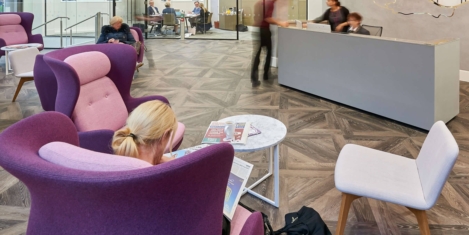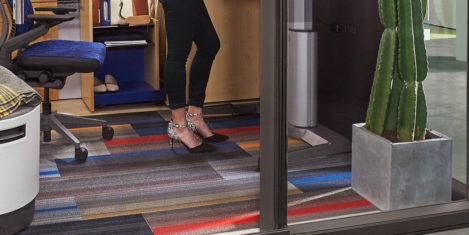To provide the best experiences, we use technologies like cookies to store and/or access device information. Consenting to these technologies will allow us to process data such as browsing behaviour or unique IDs on this site. Not consenting or withdrawing consent, may adversely affect certain features and functions.
The technical storage or access is strictly necessary for the legitimate purpose of enabling the use of a specific service explicitly requested by the subscriber or user, or for the sole purpose of carrying out the transmission of a communication over an electronic communications network.
The technical storage or access is necessary for the legitimate purpose of storing preferences that are not requested by the subscriber or user.
The technical storage or access that is used exclusively for statistical purposes.
The technical storage or access that is used exclusively for anonymous statistical purposes. Without a subpoena, voluntary compliance on the part of your Internet Service Provider, or additional records from a third party, information stored or retrieved for this purpose alone cannot usually be used to identify you.
The technical storage or access is required to create user profiles to send advertising, or to track the user on a website or across several websites for similar marketing purposes.
 In what its authors claim is the first big-data study combining objective medical and compensation records with demographics, researchers at Washington University in St. Louis and Aarhus University in Denmark discovered once a company switches to a pay-for-performance process, the number of employees using anxiety and depression medication increased by 5.7 percent over an existing base rate of 5.2 percent. (more…)
In what its authors claim is the first big-data study combining objective medical and compensation records with demographics, researchers at Washington University in St. Louis and Aarhus University in Denmark discovered once a company switches to a pay-for-performance process, the number of employees using anxiety and depression medication increased by 5.7 percent over an existing base rate of 5.2 percent. (more…)

































March 18, 2019
Artificial Intelligence is transforming the workforce as we know it
by Dennis Spaeth • AI, Comment, Technology
(more…)